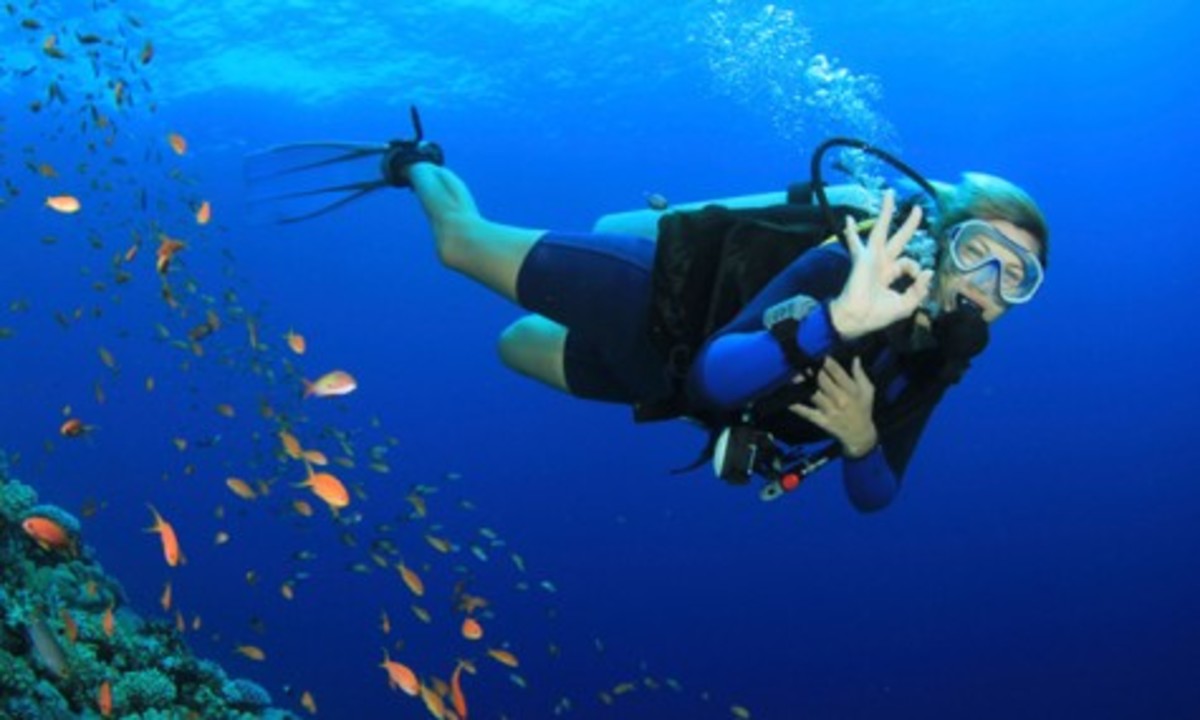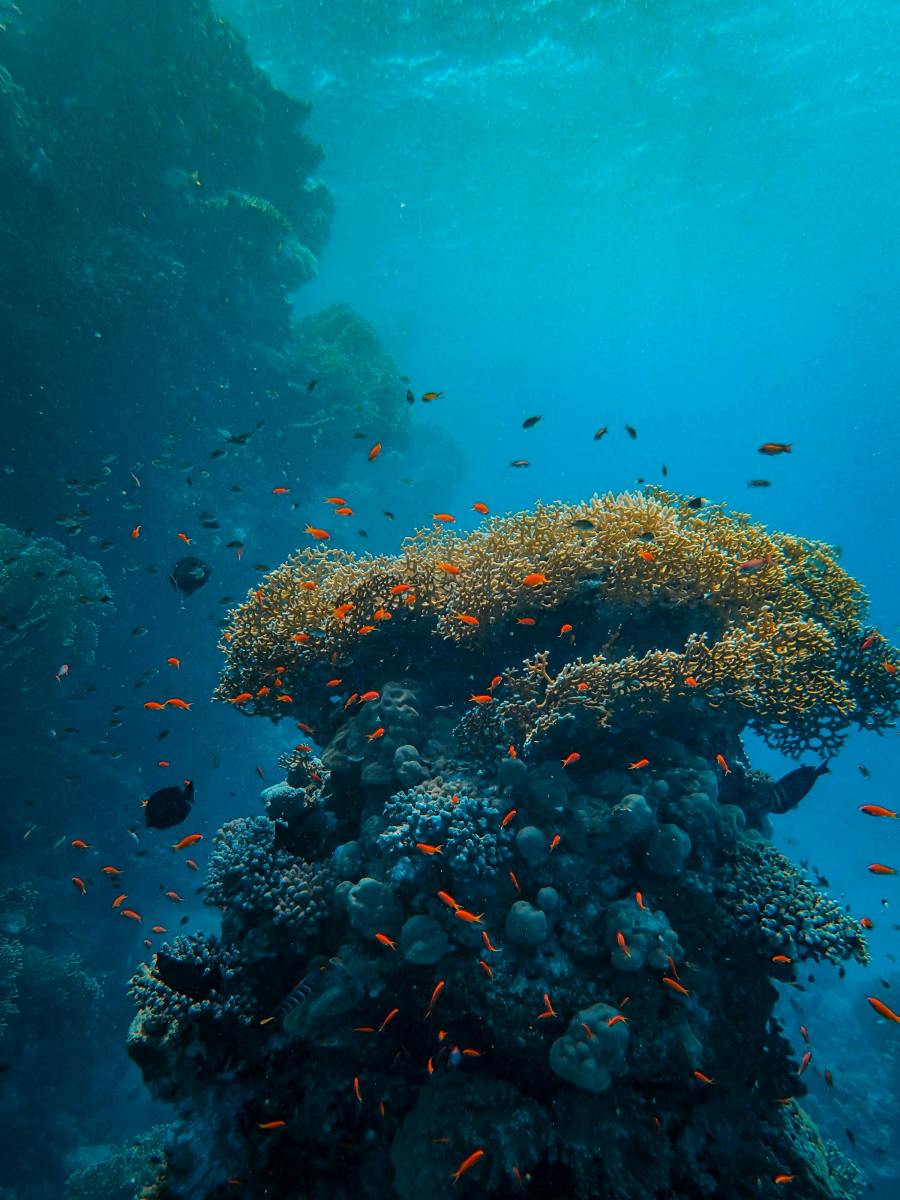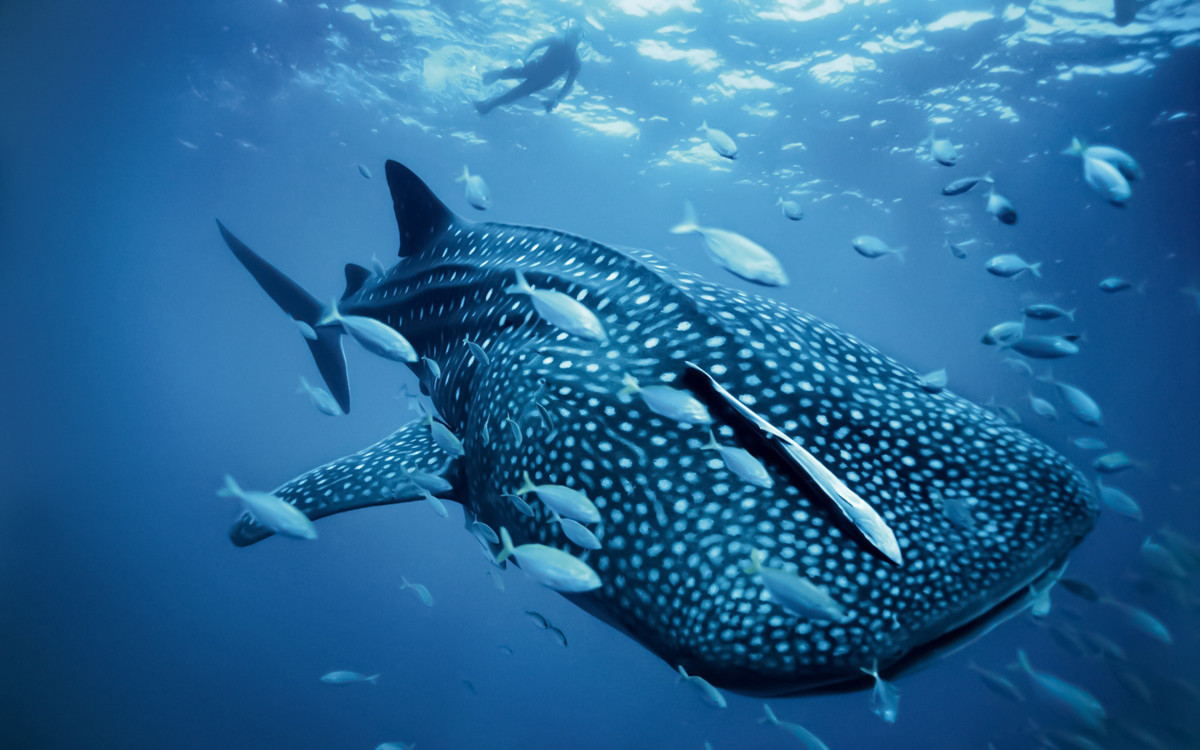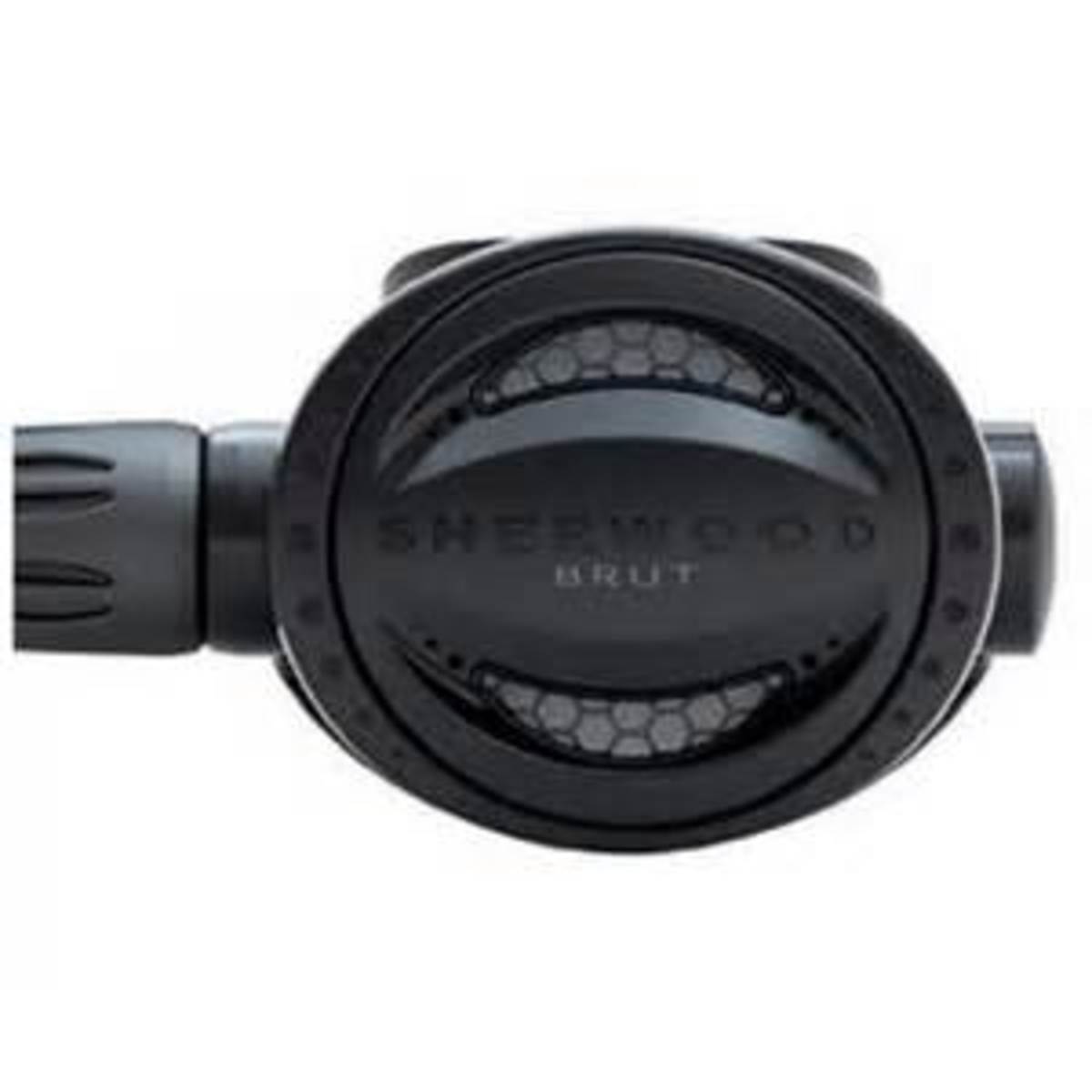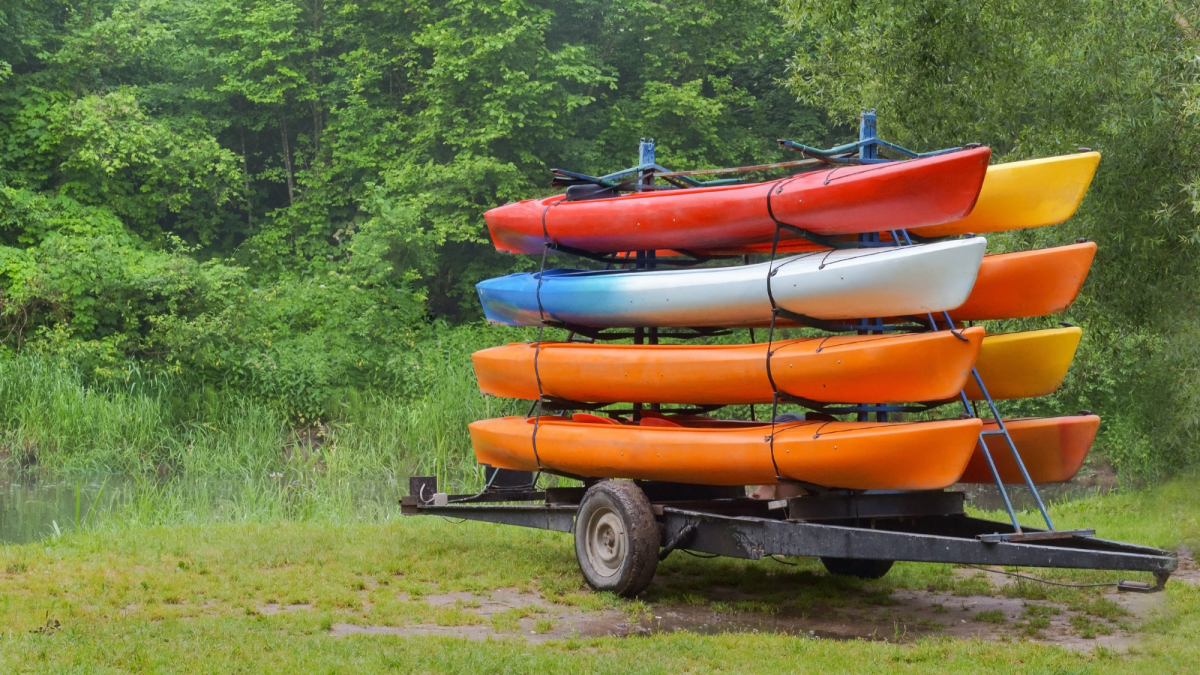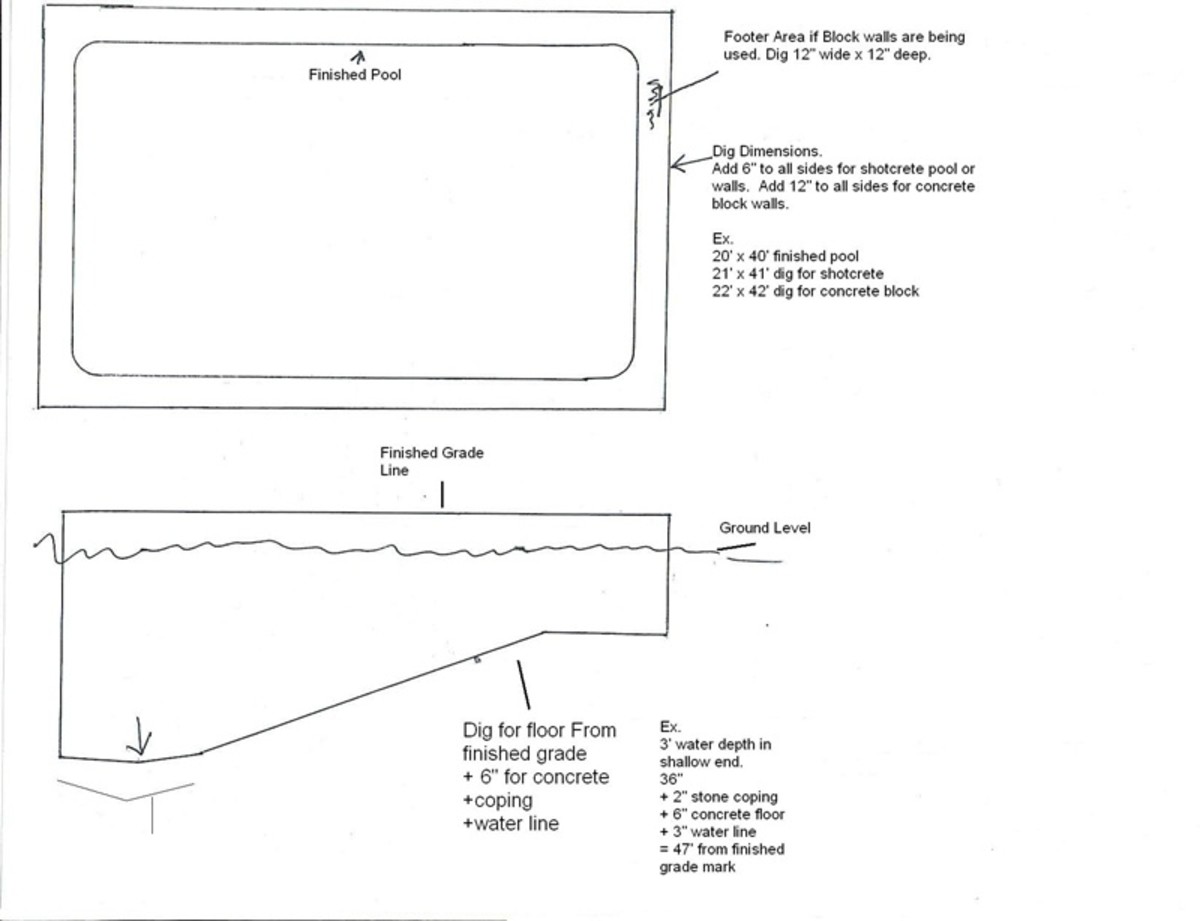- HubPages»
- Sports and Recreation»
- Individual Sports»
- Water Sports
Scuba Divers: What To Do In The Off-Season
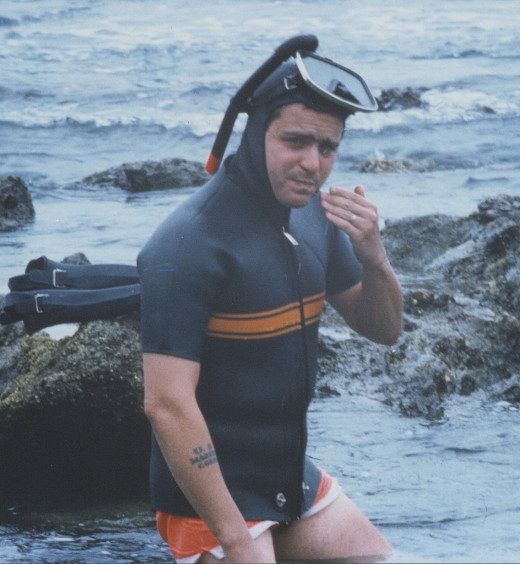
During the lower temperatures and persistent downpour of a Pacific Northwest autumn and winter, I put my scuba gear aside and turn to other activities and interests, but what is a productive use of time for a diver in the “off-season”?
If you can plan ahead and set resources aside, there are many warm-water vacations to carefully consider, and they typically involve expensive air travel, so it makes sense to weigh the merits of the many dive destinations that compete for our dollar. You can’t purchase a scuba magazine that doesn’t provide remarkable photos of the colorful marine life you will find at exotic, warm-water destinations. Researching these options to narrow your choice is a tantalizing exercise in itself. A friend’s “wish list” had to be winnowed to one (1) and he asked, “Where do I begin?” I suggested he get a passport as a first step, set small amounts aside – if only pocket change – on a very regular basis, and patiently allow it accumulate.
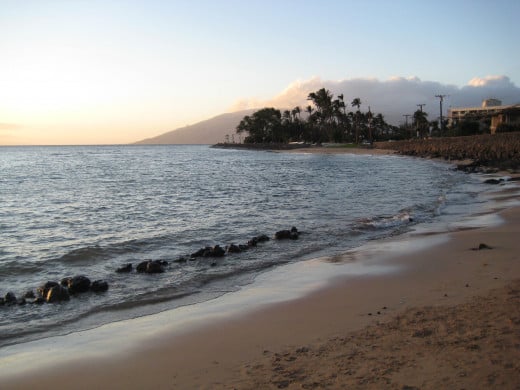
Don’t wait for a windfall or lottery win; the price of a cup of coffee, bus fare, a small amount you’ve saved by buying a grocery item on sale can be painlessly set aside. The challenge to self-discipline is to permit it to accumulate when the amount becomes tempting for other little luxuries. For most of us, there’s no deadline, no pressure to accomplish it quickly. If it can’t be done in six months, let the money accumulate for another 12-18 months. As those resources develop, your travel choices will draw closer to affordability and reality.
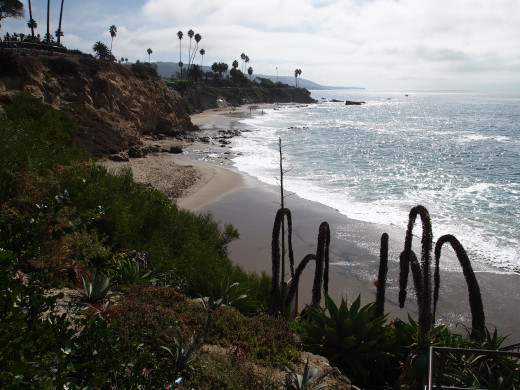
At this point, (almost) every vacation I consider seems to include diving. Every personal or business trip prompts the question, “Is there somewhere nearby where I can dive?” Others may question this thought process and wonder if salt water is addictive, but divers consider it a reflexive and natural curiosity. When I look at a body of water, saltwater or fresh, I wonder what’s below the surface. Choose three locations that look promising and begin to compare them.
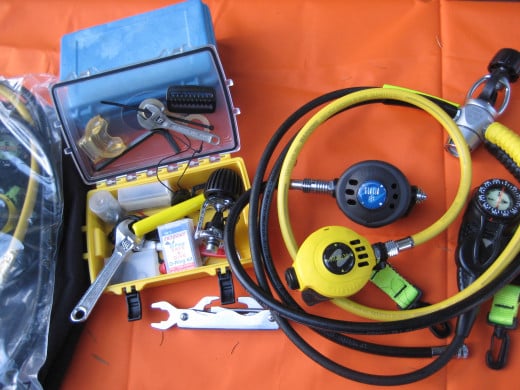
The off-season is an excellent time to attend to equipment maintenance. If you have cylinders that need to be hydrostatically tested (required every 5 years) or visually inspected (an annual requirement), your off-season is the best time to deal with that. If you have a drysuit, you want to examine the seals for cracks and the zippers for continuity and integrity. Check O-rings on your cylinders, cameras and accessories. Check cylinders for the date of its last annual inspection. The date(s) of hydrostatic testing, required every 5 years, will be stamped on the shoulder of the cylinder. A frequently asked question is "How long does a cylinder last?" My oldest steel cylinder was manufactured in 1981; it continues to pass inspection and testing, and I continue to use it.
If your regulator was last serviced during the Nixon administration, you will want to address that as a high priority. Ideally, regulator servicing should be done on an annual cycle, because we breathe through that device and we want it to function flawlessly. I have two regulators (a yoke and a DIN valve), and I’ve chosen to alternate their annual preventive maintenance. My son normally uses one, and I typically use the other. In any case, you deserve the peace of mind to rely on well-maintained equipment, and your dive shop will appreciate the off-season activity.
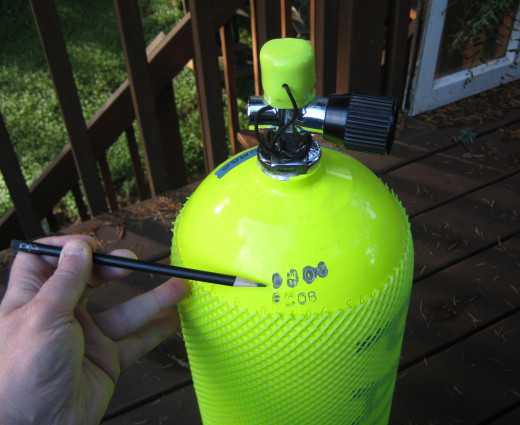
I store my scuba gear in our garage and I cannot step in there without seeing the cylinders, wetsuits, and buoyancy compensators waiting for the next dive. Winter is a time to carefully inspect the equipment and objectively consider what needs to be replaced. I check the fingertips on my gloves, the condition of my boots, knees, elbows and seats of my wetsuits for abrasion, tears and rips. I lightly lube the zippers with silicone compound. Some of these problems can be repaired, but occasionally a replacement is unavoidable. I check my underwater lights for operation and remove their C and D batteries for long-term storage of the lights.
Diving simplifies gift giving. Tell the truth; do you want another necktie or sweater in the holiday season ahead? No, but a gift certificate for dive equipment never goes to waste! A book of excellent underwater photography is a "keeper", and some of my favorite books were gifts. If you have a family member who dives (or if you need any accessories yourself), this is not an occasion for subtlety. My wife will tell you, I can’t catch a hint with a net. Let your priorities be known!
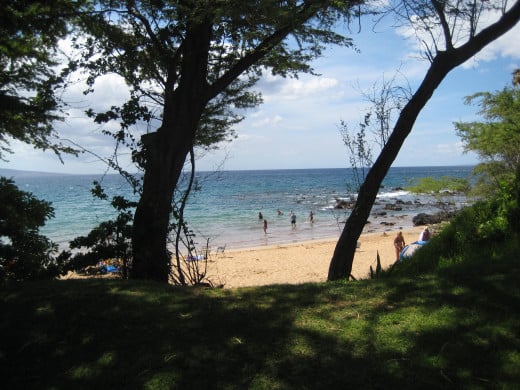
Diving promotes stronger family relationships. Yes, you could visit your friends in Wisconsin this winter, but there’s that distant cousin in southern California who lives much closer to excellent dive opportunities. Yosemite Valley is a marvelous place to visit at any time of year, but Catalina Island makes greater sense to me in February, and it’s surrounded by a healthy, interesting marine environment. British Columbia is a winter wonderland and a fine area for summer diving, but does it compete with Belize for your travel dollar after several weeks of ice, rain and teeth-chattering snow? Yes, we could attend that class reunion in Buffalo, NY, or Armpit, Minnesota, but there’s an extraordinary artificial reef (the aircraft carrier, USS Oriskany CVA34) about 25 miles south of Pensacola, Florida, that begs to be explored and photographed, and several dive operations will be happy to transport appropriately trained divers to this huge sunken vessel. Tough decisions.

Don’t let a harsh winter distance you from diving. Keep the memories of past dives and dreams for the future alive by joining a scuba club with monthly meetings, a newsletter and club dives. You will generate a circle of buddies with whom you can dive and you will benefit from shared information. I suggest you review the photos you’d taken on previous dive trips and examine the travel brochures. Check with local dive shops for class schedules and training opportunities. REEF (www.reef.org), the Reef Environmental Education Foundation, may provide online classes or webinars on marine life recognition and service opportunities. These will help you accurately log what you’ve observed during your dives and advance your knowledge of marine life in your region.

Community colleges in your area may have classes in Marine Science that will educate and fascinate you, providing a better understanding of the sea as a dynamic environment. If you’re fortunate enough to live within a reasonable distance from an annual dive exposition or a manufacturer whose local representative offers product presentations, you can learn quite a bit from these opportunities, make better informed equipment choices, and understand the benefits of one design compared to another.
Review your logbooks. Were there skills that need work or improvement? Make that an objective in the offseason. Did you purchase new equipment, such a drysuit, a buoyancy compensating device, or an underwater camera with which you're unfamiliar? If there's an indoor pool that will permit the use of scuba gear (Some do not because of perceived liability.), then work with that equipment in pool sessions.
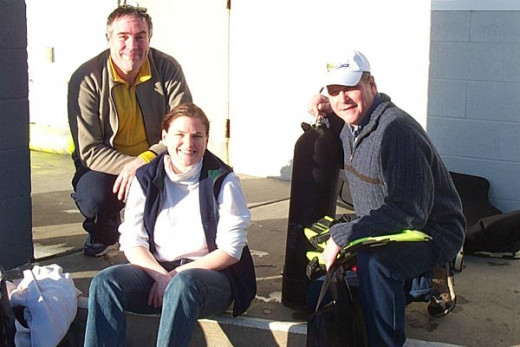
National dive publications are interesting, but they generally focus on popular travel destinations and advertising. I question the objectivity of their equipment reviews because an honest review of ghastly equipment will offend the advertiser. Local or regional publications are often more relevant and informative, more focused on your area. I’d recommend Northwest Dive News for Oregon-Washington divers, and California Diving News for southern and northern Californians, but other regions have similar publications that will provide information on dive sites that may be conveniently located and frequently overlooked. I recommend www.divenewsnetwork.com for regional information of the Southwest, Southeast, Midwest, Northwest and Northeast.
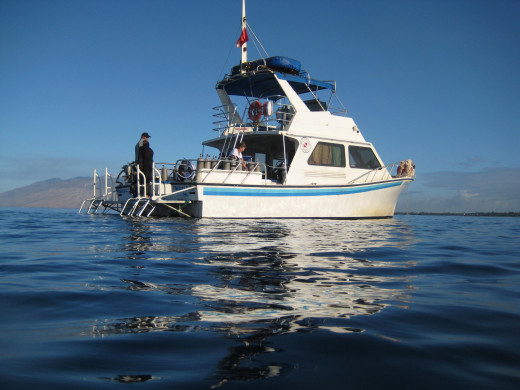
Some sites are accessible only by boat because they’re too far from shore for a reasonable surface swim. A dive-dedicated boat offers the opportunity to visit multiple sites, but boat dives are understandably more expensive. Shore dives, those sites accessible from shore or a brief surface swim, are budget-stretchers. As a good resource to research these sites, I’d recommend www.shorediving.com for the wealth of information this website provides. The information is submitted by divers who can provide information about entry points, underwater features and hazards, and the marine life you can expect to encounter.
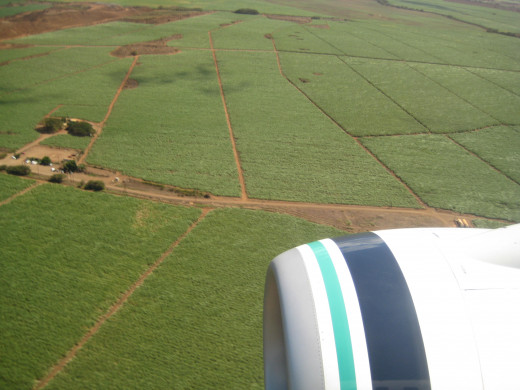
If you’ve earned Basic Open Water certification, consider Advanced Open Water training at the start of the next season because it will make you a better diver and introduce you to aspects of diving you may not have experienced or considered (night dives, deeper dives, underwater navigation, etc.). If you are Advanced, consider Rescue Diver training or other classes (equipment technician, drysuit, underwater navigation, use of Nitrox, etc.).
The Divers Alert Network (www.diversalertnetwork.org) offers classes in Oxygen Administration and Diver First Aid, among others.
Use your off-season time well. Don’t let these months pass without becoming a better prepared and more knowledgeable diver. Next season, you will be ready and eager to dive because you are current, better prepared, and equipped with new skills and knowledge.
Dive safely and frequently.

